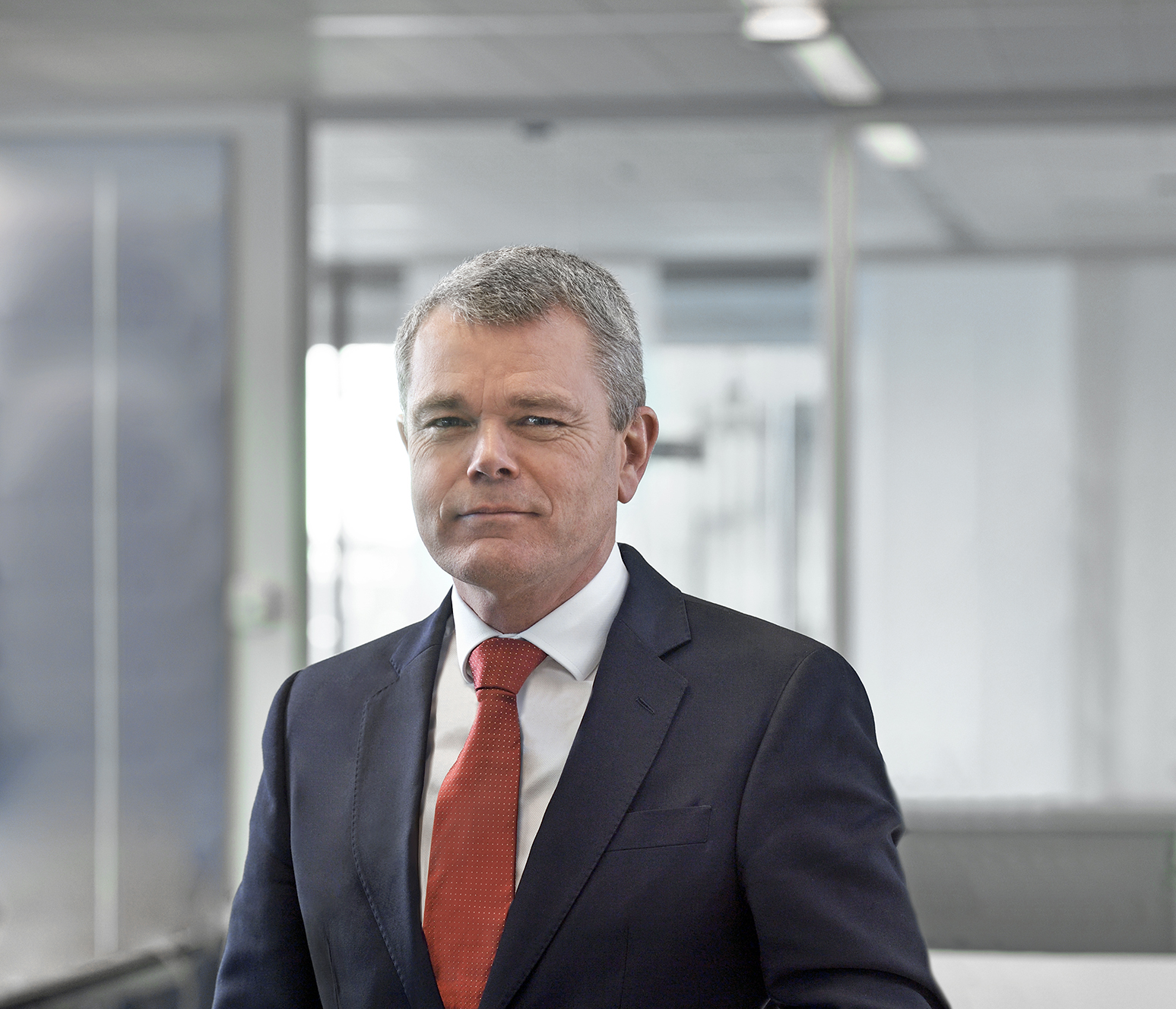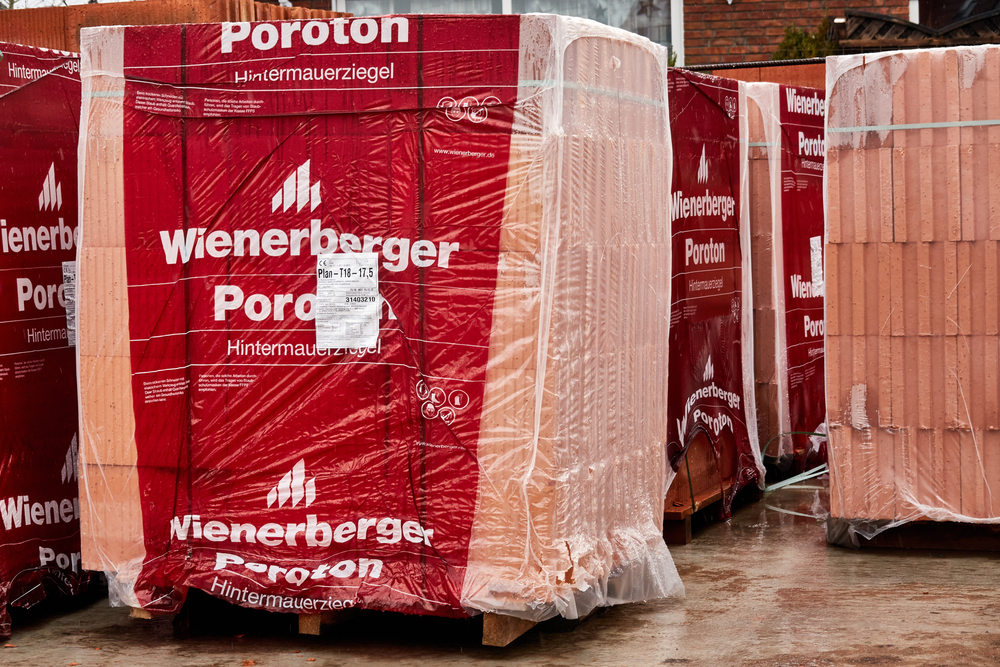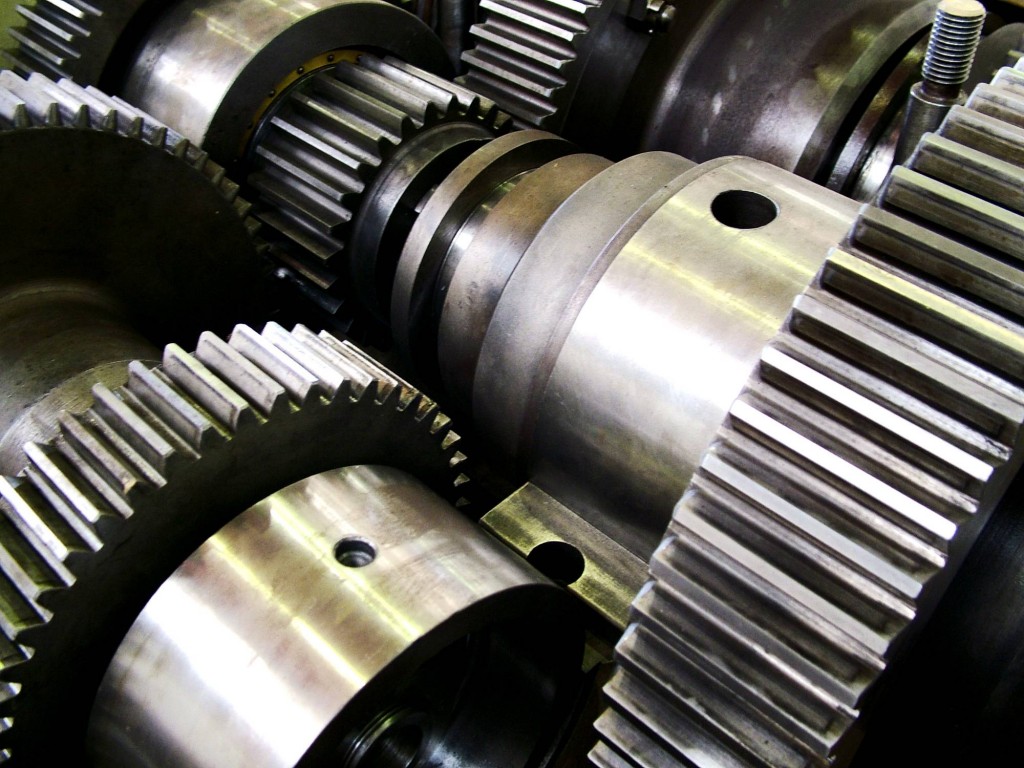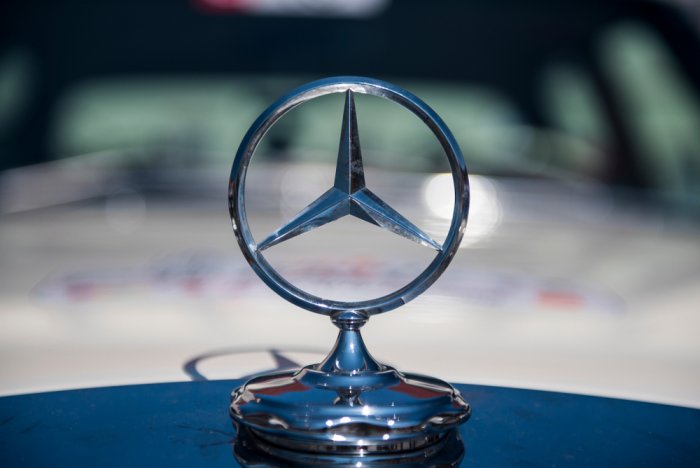Apollo’s Gyöngyöshalász Factory Could Double Production Capacity, add 100s of Jobs

Benoit Rivallant
Hungary is in the running for a new Apollo Tyres investment worth at least EUR 100 million, with a final decision and announcement likely due by the end of summer, the president of Apollo Tyres Europe has told the Budapest Business Journal in an exclusive interview.
“After summer, the decision needs to be taken. It’s a matter of really understanding how fast we can put this new capacity in place,” Benoit Rivallant tells the BBJ.
“We have two options. Either we carry on [here], and we have the land to do it, so we could extend the plant in Hungary. But, being a responsible company, we need to balance it with other investment possibilities, namely in India,” he says.
Wherever it is located, it will be “a massive project,” he says. Rivallant estimates it would be between 50% and 100% of the production capacity of the existing factory at Gyöngyöshalász, about 90 km northeast of Budapest.
“Our initial investment [in Hungary] was around EUR 450 mln, so any extension is more than EUR 100 mln, which also explains how complex our industry is.”
Should it come here, the expanded factory “would put Hungary on the world map,” Rivallant says. “We supply mostly Asia from India, but the proposal for the extension would be to support our growth in Europe and the Americas.”
There is no doubt that Hungary is important to the tire maker. “If I look at the sales of passenger car tires in Europe, 75% of what we sell is coming from Hungary; in truck and bus, it is more than 90%. Overall, 60% of the business we generate in Europe comes from Hungary,” he explains. Interestingly, although the company name is Apollo Tyres, most of the tires produced and sold in Europe feature the Vredestein brand.
No Ambiguity
The matrix for deciding where to locate the new investment is a complex equation, but at least some of the criteria are in Hungary’s favor.
“With some factors, there is no ambiguity. We know that putting the factory in Hungary is best when we speak about supply share, proximity to our customers, whether for the replacement market [individual customers] or original equipment [automakers]. In fact, the original reason why we came to Hungary was we wanted to have a second foot in Europe after our factory in the Netherlands.”
That “second foot” proved to be “a very strong advantage” during COVID. “We were able to react both on slowing down and turning up the production, but also in being closer to the market; we had less impact from the supply of raw materials.”
For many industries, the availability of raw materials has been placed under further scrutiny in recent weeks by the war in neighboring Ukraine. Fortunately for Apollo Tyres, Rivallant says it has no exposure to the Ukrainian or Russian markets, and there has been no impact on its supplies. Despite that, the availability and cost of raw materials are one of two priorities for the coming months, alongside access to energy. That may yet factor into the final decision on the destination of the investment.
“Unfortunately, with the costs of both [materials and energy] going up, we will have no other option but to increase the price of the finished product in Europe,” the president warns.
Sustainability and CSR
The end-product Apollo produces is more complex than you might imagine. Benoit Rivallant says some 300 elements go into making one tire. “Between those two points, no amateurism is possible,” he insists.
Tire rubber is hardly biodegradable, so what is the company’s path to sustainability? “We want to be carbon-neutral by 2050, with the first milestone at 2030, because 2040 will be too far away.”
It is a mission that will require many steps, some bigger than others. The factory in Hungary already has solar panels fitted on its roof. R&D is investigating greener raw and recycled materials. Extending the work-life of the products is already bearing fruit.
“All of our truck products are retreadable, which means that the same casing will have two and eventually three lives. That means that with the same beads, the same casings, the same tread protection, which represents already 70% of the weight of the tire, you can use it multiple times.”
A little-known part of the production process involves “cooking” the rubber with steam. Another area of research, therefore, is water use.
Apollo is also involved in different CSR projects at its various locations, including mangrove plantations in India, biodiversity planting in the Netherlands, and cleaning parts of the Matra hills near the factory in Hungary.
Talent Supply an ‘Anticipated Challenge’
Like the existing plant, the new factory will be highly automated. But it will still create “hundreds” of jobs, many of them value-added positions for engineers and technicians. That will usher in another phase of employment growth at Gyöngyöshalász.
Work started on the factory in 2014, with the first tires produced in 2017. Last year another 100 staff members were added, taking the total headcount to more than 1,000. But with Hungary having near full employment, are there concerns about sourcing the numbers of talented employees needed?
“The problem you describe is something we anticipated when we established the plant in Hungary because, with the many factories coming to the country, we knew there would be a scarcity of talent, and at the same time inflation on labor costs,” he recalls.
For that reason, the Gyöngyös factory was the latest generation plant; whatever could be automated has been. But people are still required, especially engineers. That makes name awareness important, and Rivallant praises the factory management, the HR team, and the employees themselves for acting as brand ambassadors.
But securing tomorrow’s talents cannot be left to chance. Apollo has twinned up with the University of Miskolc to offer doctorate programs, for instance. Further brand recognition is achieved through its sponsorship of the multi-sport club Diósgyőr-Vasgyári Testgyakorlók Köre, more commonly known as Diósgyőr VTK or DVTK.
Apollo lays on staff transport, is only about a 45-minute drive from Budapest, which somewhat expands its talent pool, and is not averse to attracting engineering talents from across Europe.
“But yes, I confirm, it’s a challenge, definitely, to grow your organization. There is a scarcity of talents at the moment.”
This article was first published in the Budapest Business Journal print issue of April 22, 2022.
SUPPORT THE BUDAPEST BUSINESS JOURNAL
Producing journalism that is worthy of the name is a costly business. For 27 years, the publishers, editors and reporters of the Budapest Business Journal have striven to bring you business news that works, information that you can trust, that is factual, accurate and presented without fear or favor.
Newspaper organizations across the globe have struggled to find a business model that allows them to continue to excel, without compromising their ability to perform. Most recently, some have experimented with the idea of involving their most important stakeholders, their readers.
We would like to offer that same opportunity to our readers. We would like to invite you to help us deliver the quality business journalism you require. Hit our Support the BBJ button and you can choose the how much and how often you send us your contributions.







